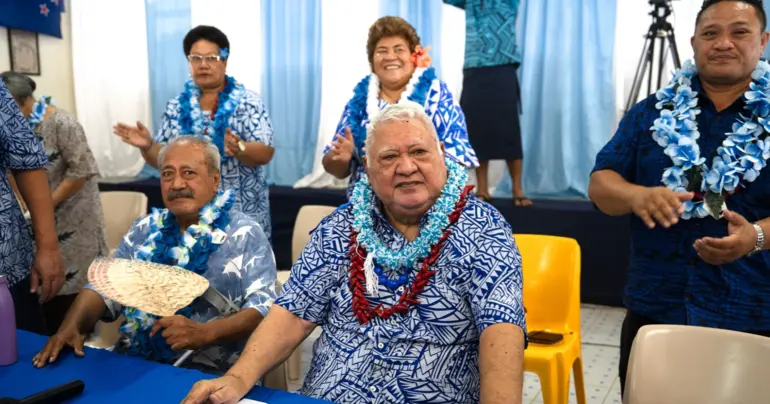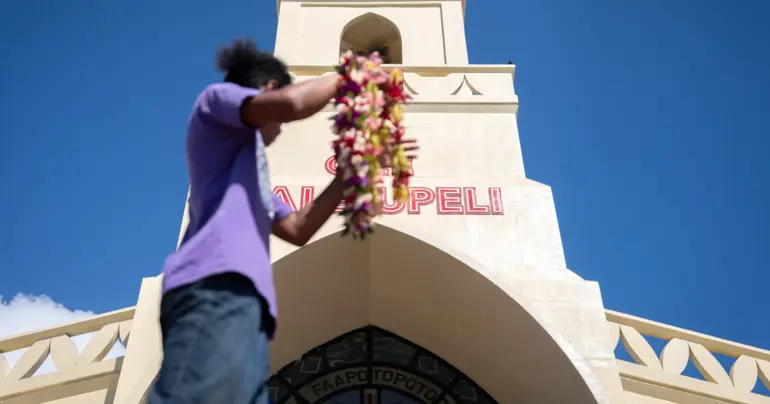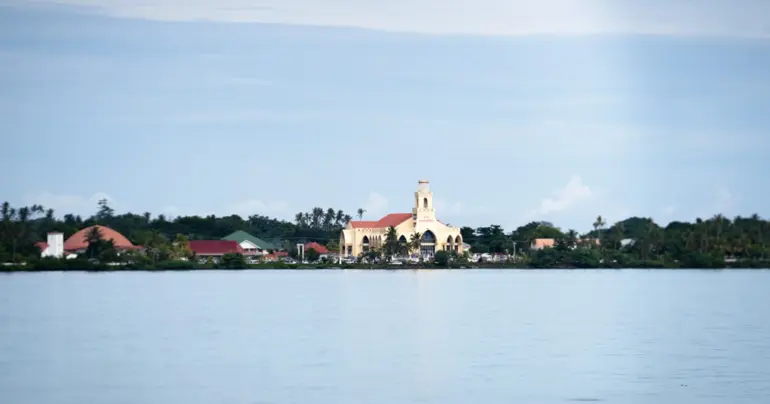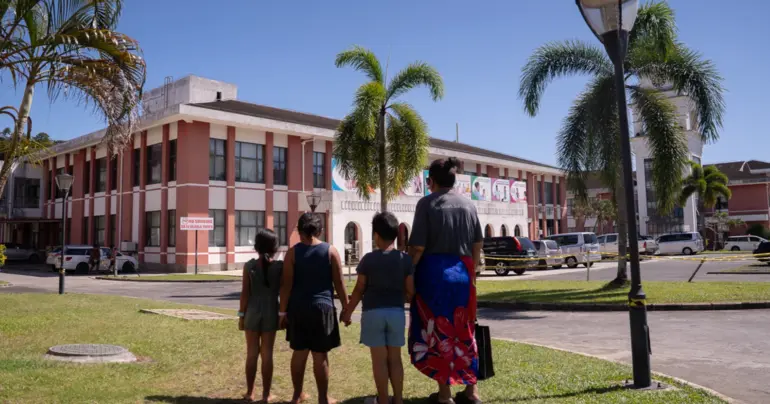Bus services need overhaul and regulations
Samoa’s buses are iconic. Wooden or fibreglass loaves constructed on the back of flatbed trucks, the Toyota 6000 series is the favoured vehicle. Even the Samoa Tourism Authority promotes the bus rides as a tourist attraction.
For many Samoans the buses are the only means of transportation. People stay in Faleula and catch the first bus in the morning to come to work in Apia or Vaitele. That was the easy part. The hard part is getting back home because the last buses of the day depart the bus terminal at 5pm or 6pm and there are no buses after that.
There are many Samoans who finish work after 5pm and they are either forced to hitch rides or pay for taxis. Those who cannot, rely on the generosity of others.
Sadly, the Land Transport Authority thinks that this is not their problem. They have abruptly said, it depends on the bus owners. It is time for a change in this mind set. Public transportation is an important element of any society. It is about time the Government of the day thinks about regulations governing the bus industry.
For starters, hours for bus services need to be extended. There are so many people who rush out in the afternoon just to ensure that they are able to catch the last bus home. If that bus is missed then there are some who either hitch or some get in a taxi and share the fare.
Then there is the Sunday issue. There are no buses on Sunday. There are travelers coming in from Savaii who are forking out as much $100 to travel in taxis or are at the mercy of a relative. There are businesses which open on Sundays but sad to say there are no buses.
The Government has to have a serious look at these issues as these are affecting the lives of people. For starters, the routes have to be licensed and licenses should be put up as tenders. The conditions of the bus services have to be included in the tender for example, the number of trips per day, the roads that would be serviced in a route, the start and end time of service and most importantly, the bus fares have to be regulated.
Contrary to this, bus operators in Samoa list their times and routes in their application to the LTA. Buses have to be right hand drive vehicles, new and a business license is required and then an application has to be made via writing to the boss at the LTA on the service routes and your intended time of operation.
There is no set regulation that provides route licensing which means any said number of bus companies can service a route or the route they intend to take. There should be tenders for a route and only one or two bus companies be given route licenses. This ensures accountability and the fact that service provided by the bus company to the people.
Buses should have a timetable they operate upon. They should leave the bus stand at a fixed time and not wait for buses to get full. The problem here is that bus operators are just after the profits. The whole notion behind public service is lost. When route licenses are controlled and times dictated, the government ensures that members of the public are able to reach home and work. How does a person staying in Fagalii travel from her work in Vaitele when they finish after 8pm and do not have enough money to afford a taxi?
Bus fares need attention as well. The Government needs to put out a schedule of bus fares as well and ensure that bus companies abide by the regulation.
Public transportation is a vital part of a city’s or country’s infrastructure. It helps make the city more livable and sustainable.
Public transportation offers mobility, accessibility, and connectivity to all residents, visitors, and businesses in the city. This means that it provides easy access to employment opportunities, education facilities, health care services, groceries stores or markets, entertainment places etc.
Public transport systems are affordable modes of travel that provide alternative routes for commuters who live away from public transit stops and who cannot afford owning their own vehicle.
These are some reasons why public transport exists. It is for the service of people. Bus companies will end up making profits even if they follow routes designed by the government and operate according to a schedule. Samoa is growing and so is the need for buses which is still the favoured method of public transportation.
The Government has a duty to its people and one of that is ensuring affordable and reliable public transportation.











